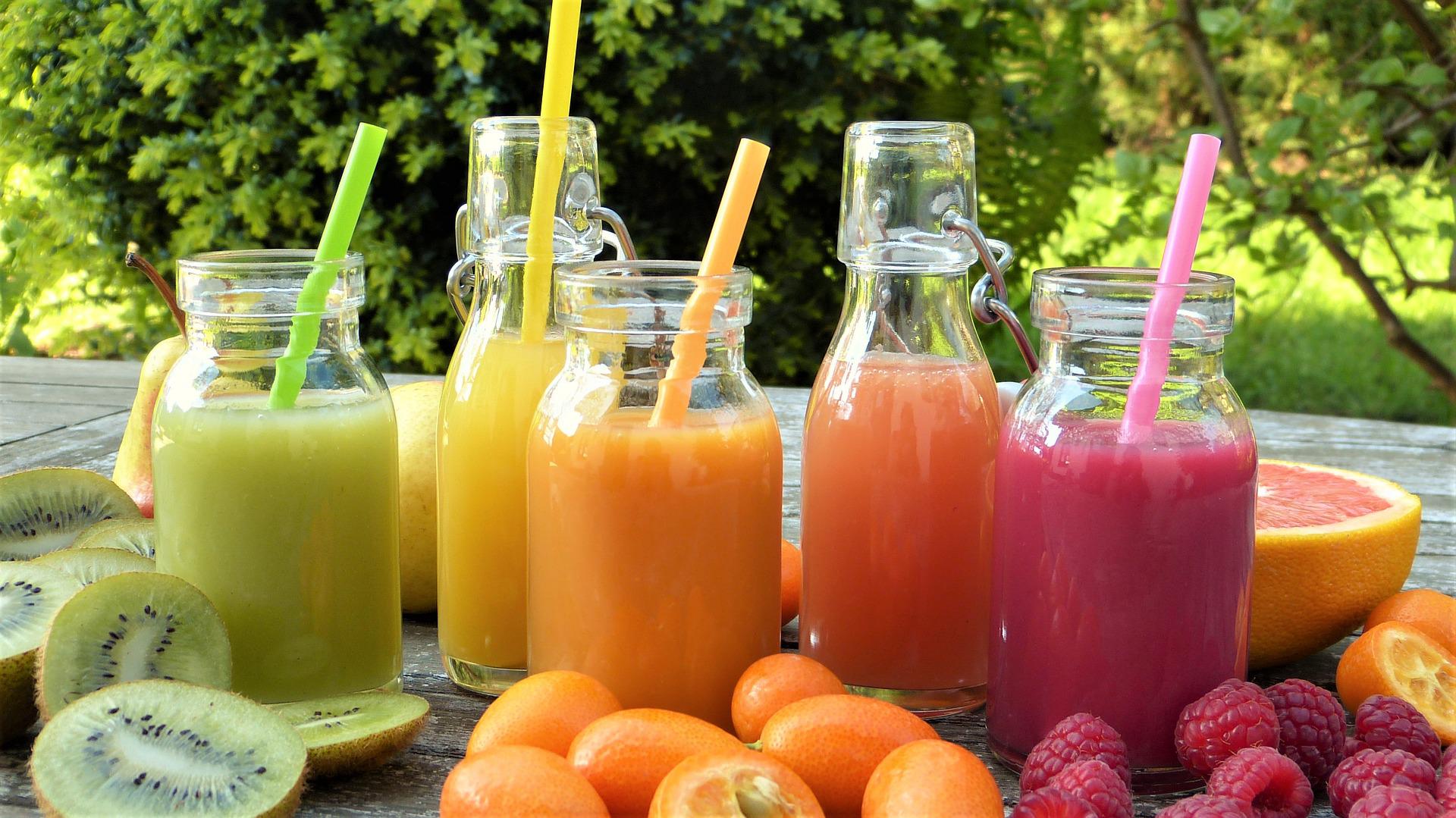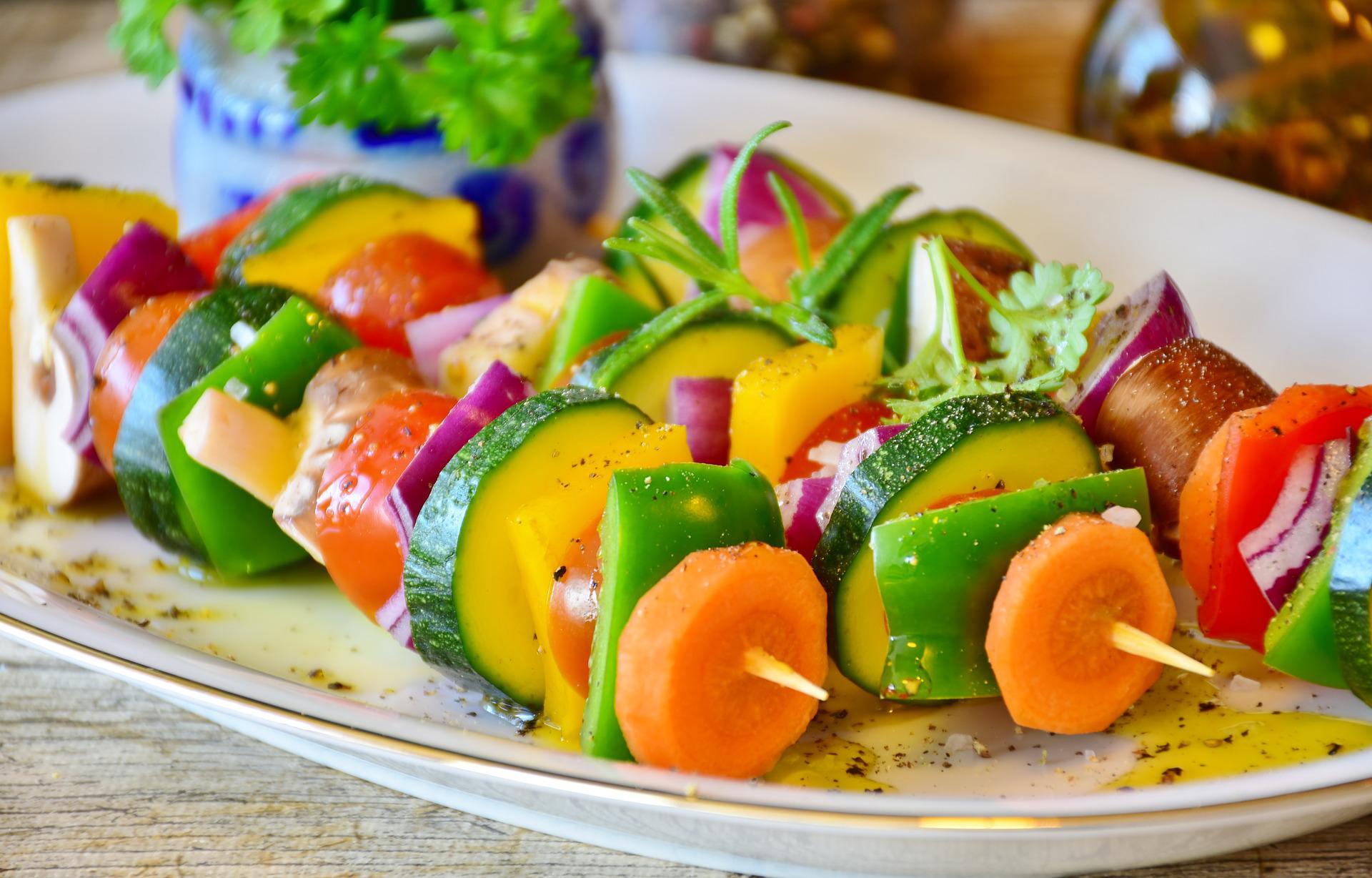Maybe you’re a vegan or vegetarian with an upcoming stoma surgery, or you’re already an ostomate contemplating a plant-based diet. With the rising popularity of vegetarian and vegan lifestyles, you’re not alone in your journey. You may have concerns about potential nutrient deficiencies, the effect on stoma function and the feasibility of maintaining your dietary choices.
In anticipation of World Vegan Day and the beginning of World Vegan Month, we interview Sophie Medlin, a specialist colorectal dietitian at CityDietitians. With extensive experience in gastrointestinal health and working with individuals with ileostomies and colostomies, she provides valuable insights into the topic.
Anything is possible
The good news is that following a vegan or vegetarian diet when you have a stoma is possible. Sophie explains, ‘for a lot of people, this means reducing the number of fruits and vegetables and higher fibre foods they eat. And, of course, a vegan diet is very high in fibre and fruit and vegetables.’
She adds, ‘so, it is more challenging and needs careful supervision, but it’s not impossible.’
‘If from an ethical or moral place, people feel compelled and the need to follow a vegan or vegetarian diet, they should always be supported in doing that by healthcare professionals; it shouldn’t be something that they’re told is not suitable for their condition,’ Sophie emphasises.
Following a vegan or vegtagble diet should always be supported by a health professional
Tackling deficiencies
‘It is also important to recognise that it is harder to meet your nutritional requirements on a vegan [or vegetarian] diet,’ claims Sophie.
Sophie’s article for Colostomy UK highlights that among the ileostomy population, 17% have iron deficiency anaemia, 31% are deficient in vitamin B12, 13% are vitamin D deficient and 8% are zinc deficient. However, research specific to individuals with a urostomy or colostomy has not been conducted on these nutritional deficiencies.
The nutritional deficiencies associated with a vegan diet are the same as those associated with having an ileostomy. Vegans or people with an ileostomy are at much higher risk of being deficient in:
- Vitamin B12
- Vitamin D
- Zinc
- Iron.
‘Therefore, you’re doubling the risk factors for having those nutritional deficiencies,’ adds Sophie, ‘for that reason, anyone who has an ostomy and is looking to follow a vegan diet, should have lots of support from healthcare professionals, regular blood monitoring and should be seeing a dietician on a regular basis.’
She suggests taking a multivitamin supplement, that has been prescribed by a doctor or recommended by a dietitian, to help to mitigate this too.

One option for consuming vegetables is to make juices or smoothies, instead of eating them whole
Table 1. Signs and symptoms of vitamin and mineral deficiencies associated with a vegan diet and having an ileostomy (NHS, 2019; LloydsPharmacy, 2021; NHS 2021; Jarvis, 2022)
| Vitamin/mineral vitamin | Vitamin/mineral |
|
Vitamin B12 |
|
| Vitamin D | Many people have no vitamin D deficiency symptoms or only vague ones such as tiredness or general aches. Severe deficiency can present itself as bone deformities such as rickets in children, and bone pain caused by a condition called osteomalacia in adults. |
| Zinc |
|
|
Tiredness and lack of energy Shortness of breath Noticeable heartbeats (heart palpitations) Pale skin |
Managing stoma function
Ensuring optimal stoma function can be challenging for all ostomates, and even more so for those following a vegan or vegetarian diet because of the higher fibre content in plant-based foods. Foods such as lentils, pulses, chickpeas and vegetables, which are commonly consumed in a vegan diet, can disrupt stoma function. To address this issue, Sophie advises modifying foods to make following a vegan diet more practical and to optimise stoma function. Having a stoma doesn’t mean you shouldn’t or can’t eat fruits and vegetables; you can modify them and still have a really nice, healthy vegan [or vegetarian] diet.’
Some tips for making plant-based foods more digestible are:
- Blending beans and pulses into dips and pastes; eating hummus rather than whole chickpeas, for instance
- Creating vegetable juices, smoothies or soups as an alternative to eating whole vegetables
- Eating dhal where the split peas are cooked until smooth rather than eating chunky lentils.
Sophie reiterates the importance of working with a healthcare professional and/or dietitian to ensure a balanced diet that meets your nutritional needs while maintaining optimal stoma function. She emphasises, ‘plant-based options are much more available than they ever have been and being plant-based is more accessible than it ever has been, which is great.’
Regardless of being vegan or vegetarian, Sophie advises against consuming processed foods too frequently, as vegan processed foods can be just as unhealthy as their animal-based counterparts. She also highlights the benefits of increasing the consumption of plant foods in the diet. To find resources and support for achieving a healthy plant-based diet that suits your needs, Sophie suggests visiting vegansociety.com and vegsoc.org.
Sophie’s top tips for vegan and vegetarian ostomates
- Check your bloods regularly – ‘you can do this via your GP but also by using Thriva which allows you to send a blood sample by doing a finger prick test and they’re much more accurate than they ever have been.’
- Have good awareness of the signs and symptoms of common deficiencies (Table 1).
- Begin small and slowly – ‘perhaps start [introducing a vegan or vegetarian diet] one day a week [initially] and see how that goes. Or think about having just one meal a day that includes meat or dairy rather than trying to [change everything] all at once. Gradual introduction as you start to experiment with new foods and think about the foods you’d eat and how it’s going to work is usually the best way of doing it.’
Jarvis S. Vitamin D deficiency: causes, symptoms, and treatment. 2022. https://patient.info/bones-joints-muscles/osteoporosis-leaflet/vitamin-d-deficiency (accessed May 2023)
LloydsPharmacy. What is a zinc deficiency? 2021. https://lloydspharmacy.com/blogs/vitamins-and-supplement-advice/zinc-deficiency (accessed May 2023)
NHS. Vitamin B12 or folate deficiency anaemia. 2019. https://www.nhs.uk/conditions/vitamin-b12-or-folate-deficiency-anaemia/symptoms/ (accessed May 2023)
NHS. Iron deficiency anaemia. 2021. https://www.nhs.uk/conditions/iron-deficiency-anaemia/ (accessed May 2023)


